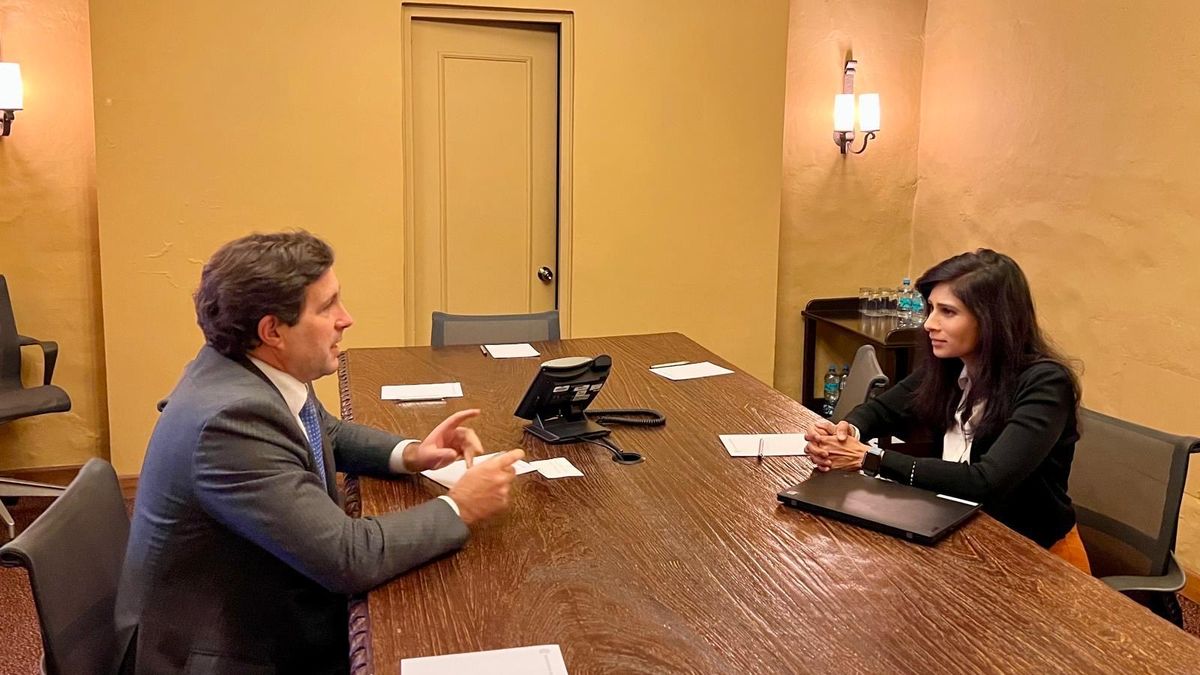The president of the Central Bank of Uruguay (BCU) held a private meeting in Peru with Gita Gopinath.
The president of the Central Bank of Uruguay (BCU), Diego Labat, met with the first deputy managing director of the International Monetary Fund (IMF), Gita Gopinath, within the framework of a conference on “the reconfiguration of the global economy.”
The content you want to access is exclusive for subscribers.
Labat exchanged concepts with the number 2 of the IMF about axes of interest for Uruguay, as inflation, innovations in payment systems and the macroeconomic and social impacts financial stability the global transition to a low-carbon economy; and the perspectives from emerging markets on central banking.


The quote was given during the fifteenth Bretton Woods Conference in Peru, a landmark event organized by the local Central Reserve Bank, the Committee for the Reinvention of Bretton Woods and the Inter-American Development Bank (IDB).
With the participation of the representatives of the monetary authorities of the region, the agenda included sessions on inflation, artificial intelligence and labor markets, as well as G-20 emerging markets in the global financial cycle, economic fragmentation, regional blocs and their impact on the global financial architecture.
Other topics were innovations in the payment systems, the rise of virtual assets and their implications for financial stability; the macroeconomic and financial stability impacts of the global transition to a low-carbon economy; and perspectives from emerging markets on central banking.
The IMF highlighted Uruguay on the integration of AI in the economy
The meeting took place less than a month after the IMF managing director Kristalina Georgieva, presented a report that positioned Uruguay as the second best country in the region to integrate the Artificial intelligence (AI) in the economy.
“AI is poised to reshape the global economy. It can increase the productivity, boost the economic growth and raise incomes,” Georgieva said, although she clarified that “it also has the potential to eliminate jobs and widen inequality.”
The IMF therefore insisted that “measuring readiness is a challenge, in part because the institutional requirements for integrating AI across the economy are still uncertain,” as each country is at a different stage “in taking advantage of the potential benefits of AI and managing the risks.”
Source: Ambito




